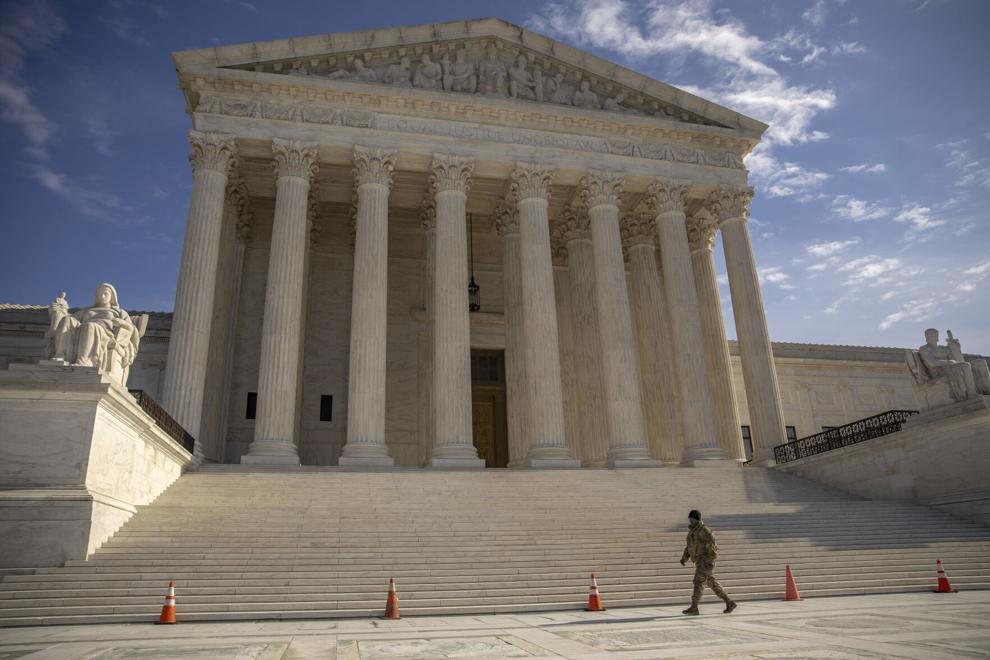SCOTUS Hearing Prompts Questions About Hypothetical Charges for U.S. Presidents
 By Brett Rowland
By Brett Rowland No former president had been charged with a crime before Donald Trump.
During oral arguments before the U.S. Supreme Court on Thursday on whether presidents have broad immunity from criminal prosecution, hypothetical charges for at least four other presidents were discussed.
Trump's attorney D. John Sauer argued Thursday that the president must have immunity for a functioning democracy to flourish.
"Without presidential immunity from criminal prosecution, there can be no presidency as we know it," Sauer told the justices. "For 234 years of American history, no president was ever prosecuted for his official acts. If a president can be charged, put on trial and imprisoned for his most controversial decisions as soon as he leaves office, that looming threat will distort the president's decision-making precisely when bold and fearless action is most needed."
Sauer came with examples of charges past presidents could face, including George W. Bush, Barack Obama and President Joe Biden.
"The implications of the court's decision here extend far beyond the facts of this case," Sauer said. "Could President George W. Bush have been sent to prison for obstructing an official proceeding or allegedly lying to Congress to induce war in Iraq? Could President Obama be charged with murder for killing U.S. citizens abroad by drone strike? Could President Biden someday be charged with unlawfully inducing immigrants to enter the country illegally for his border policies?"
Sauer said the answer to all those questions was no, but some justices seemed to focus on a much narrower type of presidential protection that wouldn't place the officeholder above the law.
And another former president also got a mention. Justice Samuel Alito brought up Franklin D. Roosevelt, the 32nd president.
"So, what about President Franklin D. Roosevelt's decision to intern Japanese Americans during World War II?" he asked. "Couldn't that have been charged under conspiracy against civil rights?"
In February 1942, Roosevelt issued an executive order that led to the forced relocation of about 120,000 Japanese Americans. Most were native-born American citizens. They were held in military-operated inland internment camps during World War II.
Original Here

|
⭐⭐⭐⭐⭐

